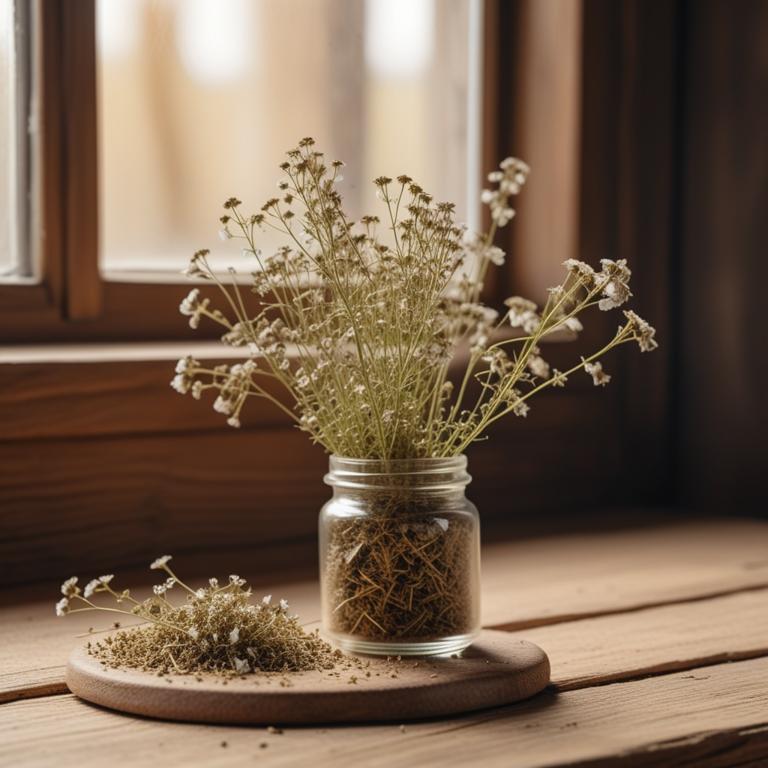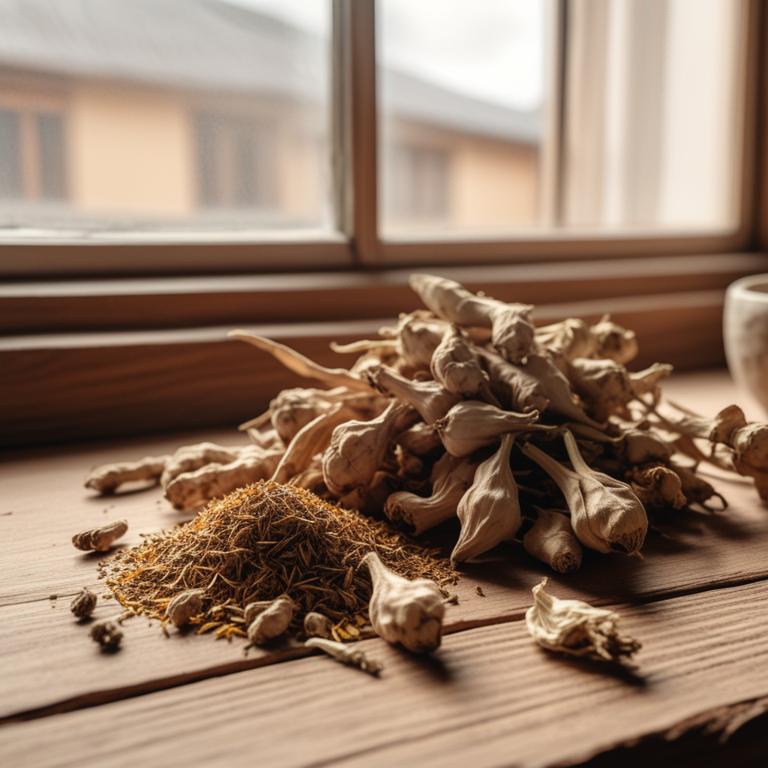Updated: Dec 1, 2024
Earache Treatment with Natural Medicinal Herbs and Herbal Remedies
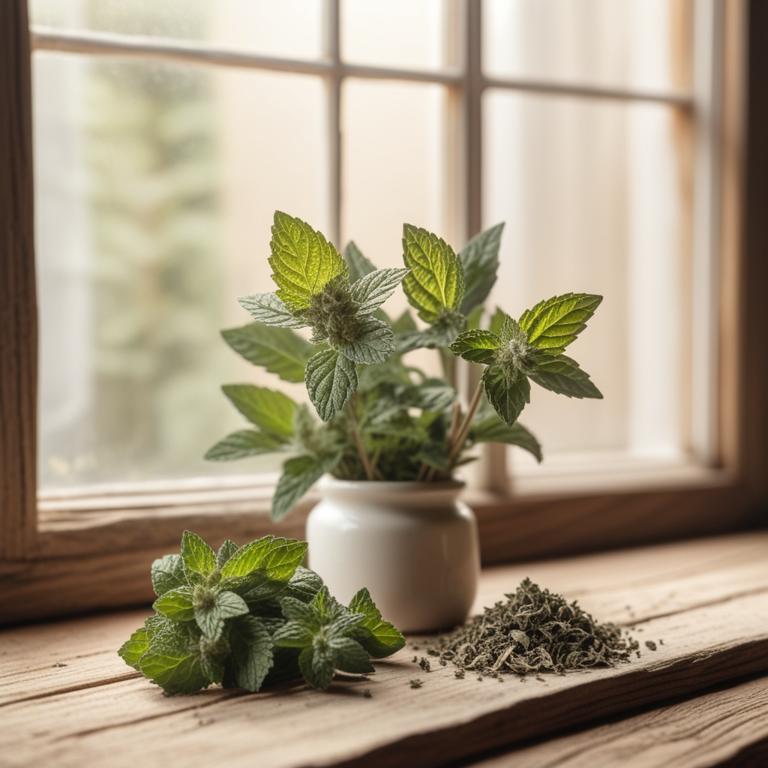
An earache is a painful condition that can make it hard to sleep, think, and even concentrate.
It's usually caused by an infection, inflammation, or a buildup of earwax. Sometimes, it can be triggered by a cold, flu, or sinus infection. When you have an earache, you might feel a sharp pain or a dull ache in your ear, which can be uncomfortable and distracting. Herbal remedies have been used to help alleviate earache symptoms for centuries.
Some of these healing herbs include garlic, which has antibacterial and anti-inflammatory properties, and mullein, which can help soothe and calm the ear. You can also use herbs like ginger and eucalyptus to reduce pain and swelling. To use these herbs, you can try making a tea by steeping dried flowers or roots in hot water. You can also use essential oils by adding a few drops to a carrier oil and applying it to your ear.
Some people also use ear drops made from herbal extracts, like those containing mullein or garlic.
Table of Contents
What causes earache to occur?
The main causes of earache are various and can be quite uncomfortable.
One common cause is a Middle Ear Infection, which occurs when bacteria or viruses enter the middle ear and cause inflammation. This often leads to earache, fever, and hearing loss. Earwax Buildup is another reason for earache, as the excessive earwax can block the ear canal and cause pain.
Swimmer's Ear, also known as Otitis Externa, is a type of ear infection that occurs when bacteria enter the ear canal, often after swimming or bathing. Tooth Abscess can also radiate pain to the ear, causing earache, due to the shared nerve pathways. Sinus Pressure can cause earache as the sinuses and ears are connected through a common nerve pathway, and when the sinuses become infected or inflamed, the pain can spread to the ear.
Lastly, Cold or Flu can cause earache due to the body's natural response to the infection, which includes inflammation and increased mucus production, leading to ear pain.
What are the benefits of employing herbs to alleviate earache?
Using herbs for earache can bring relief from the pain and discomfort.
One of the main benefits is that they can help reduce inflammation and swelling in the ear, making it feel more comfortable. Some herbs have antibacterial properties, which can help fight off infections that may be causing the earache. This can prevent the earache from getting worse and reduce the risk of complications.
Herbs can also help ease pain and discomfort, making it easier to sleep and concentrate. Additionally, some herbs have anti-inflammatory properties, which can help reduce redness and swelling in the ear. This can make it easier to see and hear, and even help prevent hearing loss.
By using herbs for earache, you can find natural relief from the pain and discomfort, and get back to your daily activities.
What medicinal herbs are known for their ability to heal earache?

Herbs have been used for centuries to help with earaches, and for good reason.
One of the most effective herbs is Zingiber officinale, also known as ginger. It has anti-inflammatory properties that can help reduce swelling and ease pain in the ear. This makes it a great natural remedy for earaches caused by colds or sinus infections. Another herb that's often used to combat earaches is Echinacea purpurea. It has immune-boosting properties that can help fight off infections, which is especially helpful when an earache is caused by a bacterial or viral infection. Eucalyptus globulus is also a great herb for earaches, as it has decongestant properties that can help clear out mucus and reduce congestion in the ears and sinuses.
This can help alleviate earache symptoms and make it easier to breathe. Melaleuca alternifolia, also known as tea tree oil, has antibacterial properties that can help kill off bacteria that can cause ear infections. It's often used to treat earaches caused by bacterial infections, and it can also help soothe and calm the ear. Finally, Glycyrrhiza glabra, also known as licorice root, has anti-inflammatory properties that can help reduce swelling and ease pain in the ear. It's also often used to treat earaches caused by allergies or sinus infections. These herbs can be used in various ways, such as making tea, applying oil to the ear, or taking supplements.
It's always a good idea to talk to a doctor before using herbs to treat an earache, especially if the pain is severe or lasts for an extended period.
What herbal formulas are most frequently used for earache?
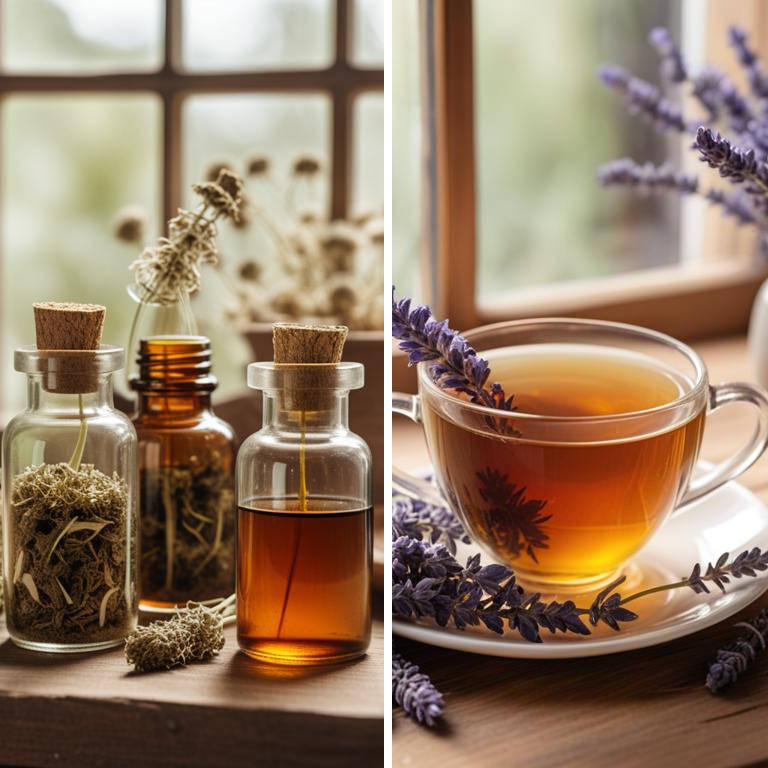
Herbal preparations can be a great way to help with earaches.
A decoction is a liquid made by boiling herbs in water. This is good for earaches because it allows the heat to help loosen up any built-up fluid in the ear. You can use decoctions made from herbs like chamomile, which has anti-inflammatory properties that can help reduce swelling in the ear. A tincture is a liquid extract of herbs that can be taken by mouth. Tinctures are good for earaches because they can help ease pain and reduce inflammation. For example, a tincture made from calendula can help soothe the ear and reduce pain. Herbal tea is another way to use herbs for earaches.
You can drink the tea to help reduce fever and ease pain. Tea made from herbs like peppermint can also help calm the digestive system, which can be helpful if the earache is caused by a sinus infection. A salve is a topical cream or ointment made from herbs. Salves can be rubbed directly onto the ear to help reduce pain and inflammation. For example, a salve made from arnica can help reduce swelling and ease pain in the ear. Lastly, herbal capsules are another way to take herbs for earaches. These are especially helpful if you don't like the taste of tea or tinctures. Capsules made from herbs like ginger can help reduce pain and inflammation in the ear.
These herbal preparations can be used alone or in combination with each other to help alleviate earaches.
Additional Resources:
What herbs are contraindicated for people who have earache?
If you're experiencing an earache, it's best to steer clear of certain herbs that might make it worse.
Thymus vulgaris, also known as thyme, can cause stomach upset and diarrhea, which can be a problem if you're already uncomfortable from the earache. Similarly, Valeriana officinalis, or valerian root, can cause drowsiness and make it harder to get the medical attention you need.
Rosmarinus officinalis, or rosemary, can increase bleeding and should be avoided if you're taking any medications that thin the blood. Lavandula angustifolia, or lavender, can cause skin irritation and allergic reactions, which can be a concern if you're trying to ease your earache.
And Sassafras albidum, or sassafras, contains a chemical that can be toxic in large amounts, so it's best to avoid it altogether if you're not sure how it will affect you.
FAQ
Are there any specific herbs that can prevent earache?
Some herbs like garlic and onion have been used to help relieve earaches.
The sulfur compounds in these plants might reduce inflammation and kill bacteria that can cause pain.
You can try making a warm compress with crushed garlic and onion, then applying it to the affected ear to see if it helps ease the discomfort.
Is it safe to use herbal remedies for earache during pregnancy?
When you have an earache during pregnancy, some herbal remedies may be tempting.
However, it's best to be cautious. Some herbs, like garlic and ginger, can be safe in small amounts, but others, like ginkgo biloba and yarrow, may not be suitable.
Always check the ingredients and amounts carefully before using any herbal remedy.
Are there any herbs that can reduce the frequency of earache?
Some herbs may help reduce the frequency of earaches.
Eucalyptus oil, for example, has anti-inflammatory properties that can ease ear pain. Ginger also has natural anti-inflammatory compounds that may help reduce swelling and ease discomfort.
These herbs can be used in teas or applied topically to help alleviate earache symptoms.
Can i combine different herbal remedies for earache?
Combining different herbal remedies for earache can be a bit tricky.
Some herbs, like garlic and mullein, work well together to ease pain and reduce inflammation. However, mixing too many herbs can be overwhelming and may not be effective.
Start with small amounts of a few herbs and see how your body reacts.
Related Articles
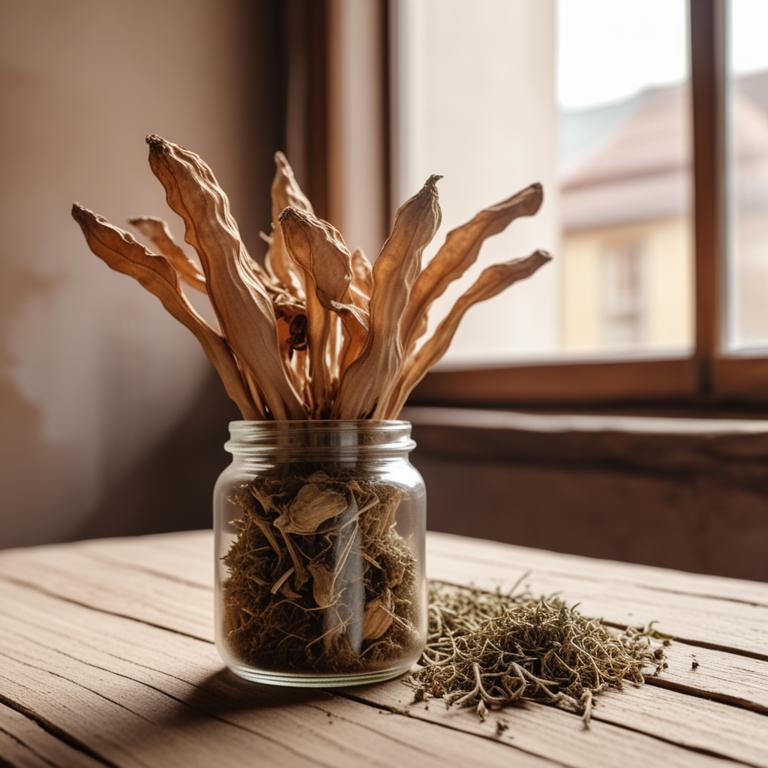
Causes and Herbal Preparations for Ear Infection Relief
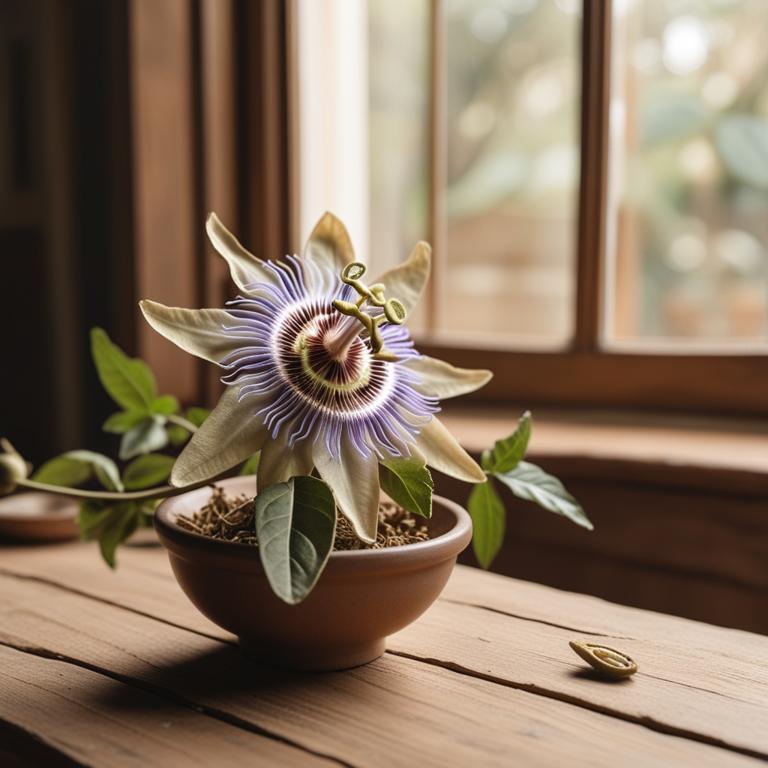
The Causes of Grief: Finding Relief with Medicinal Herbs
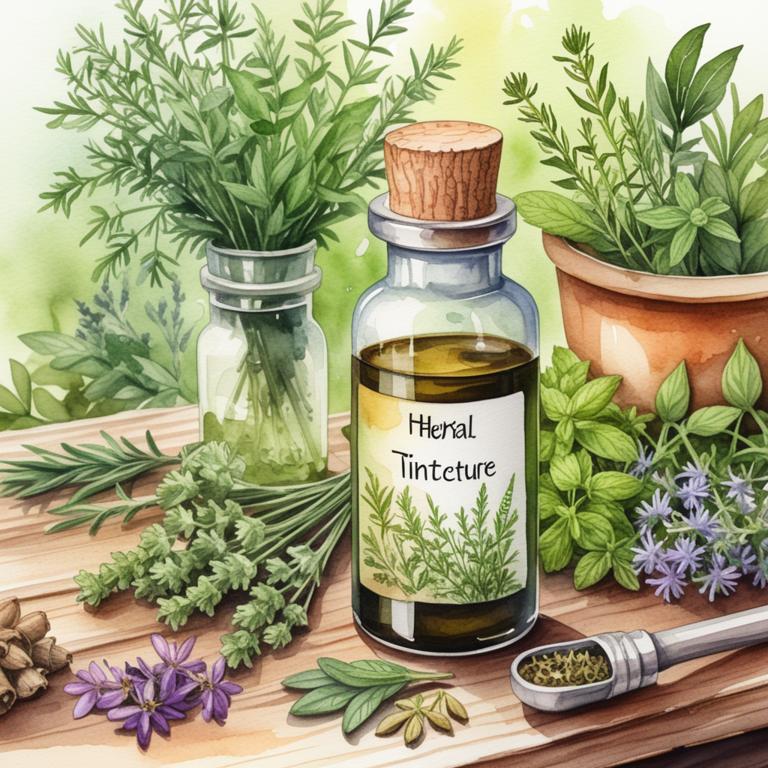
Restless Leg Syndrome: Understanding the Causes and Using Herbal Preparations

Dry Mouth Remedies: Causes and Natural Treatments
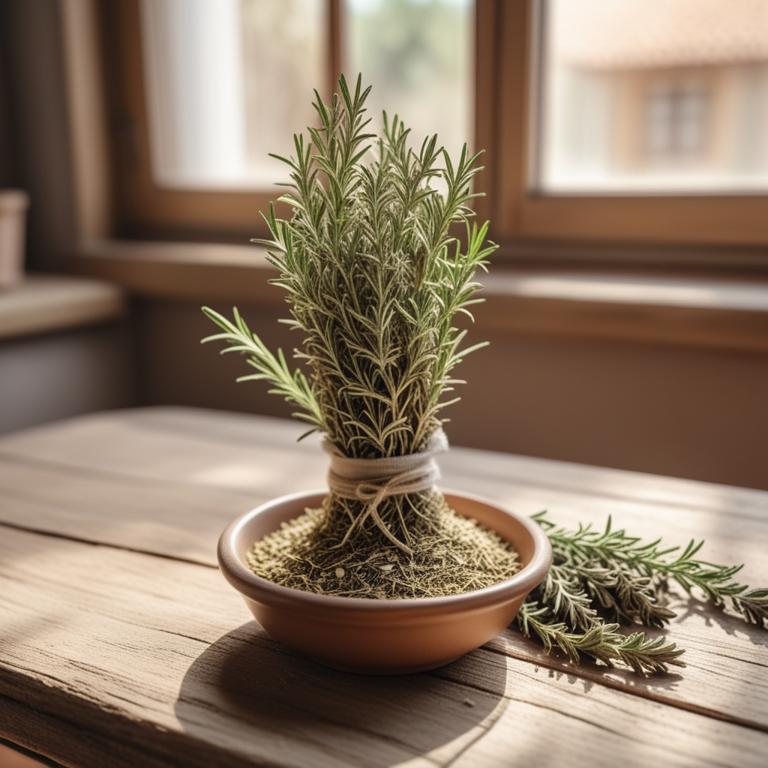
Chills: Understanding the Causes and Herbal Preparations for Treatment
